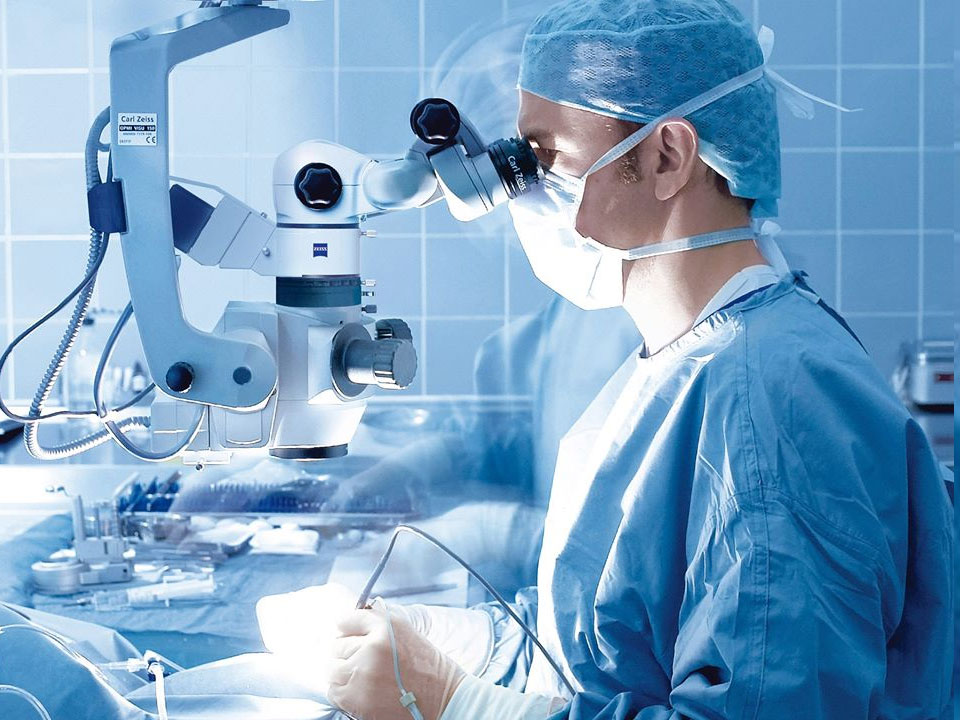Courses
Diploma in Medical Laboratory Technology

Diploma in Medical Laboratory Technology
A Medical Laboratory Technician (MLT), also referred to as a Medical Lab Tech, or Clinical Laboratory Technician, can work in Diagnostic Labs, Doctor’s offices and Hospitals. MLTs run tests on blood and bodily fluid that help give doctors answers. Answers that can help doctors diagnose what’s wrong before starting a treatment plan.
Lab tests aren’t always about helping get a diagnosis though. Sometimes medical lab techs will be testing drug levels in a patient’s blood – why? To see how they’re responding to a specific drug or treatment.
Medical Lab Technician Job Duties & Responsibilities:
Medical Lab
- Conduct tests that help doctors detect, diagnose and treat illness and disease
- Examine and analyze bodily fluids
- Draw blood samples for testing
- Assess chemical make-up of urine
- Match blood types for transfusions
- Test for drug levels in blood
Position Summary: Perform routine medical laboratory tests for the diagnosis, treatment and prevention of disease. Responsible for operation of the laboratory.
Essential Functions: Perform technical laboratory functions including chemistry, hematology, urinalysis and immunology. Report test resultsfollowing clinic protocols alerting providers and / or nurses about abnormal results. Ensure quality control in collecting specimens, ensure appropriate sampling and maintain accurate record keeping.
Maintain laboratory equipment and supplies. Set up, maintain, calibrate, clean, and test sterility of medical laboratory equipment. Comply with all laboratory policies and OSHA regulations related to safety, cleanliness and infection control. Serve as a back-up to the Lab Manager as needed.
CAREERS
A career in Medical Laboratory Technology
If you have a flair for science, an eye for detail and you love the idea of solving a medical mystery that could help save a life, you may be destined to become a medical lab technician in Labs, Hospitals, Pharmacies or Pharmaceutical Companies! But before you sign on the dotted line, we gathered government data and some expert insight to give you behind-the-scenes look at this career.
For This Role, One Should Possess: Knowledge of medical laboratory principles, standards, applications and tests.
- Knowledge of medical laboratory safety, cleanliness and infection control policies and regulations.
- Knowledge of medical laboratory equipment uses and maintenance.
- Accuracy – Ability to perform work accurately and thoroughly.
- Communication – Ability to communicate effectively verbally and in writing.
- Computer Skills – Proficient ability to use a computer and electronic medical record.
- Confidentiality – Maintain patient, team member and employer confidentiality. Comply with all HIPAA regulations.
- Customer Service Oriented – Friendly, cheerful and helpful to patients and others. Ability to meet patients and others needs while following office policies and procedures.
- Flexibility – Ability to adapt easily to changing conditions and work responsibilities.
- Positivity – Display a positive attitude and is a positive agent for change
- Teamwork – Work as part of a team and collaborate with co-workers.
- Working Under Pressure – Ability to complete assigned tasks under stressful situations.
Seats
The annual intake of students in our College is 25 seats per batch.
